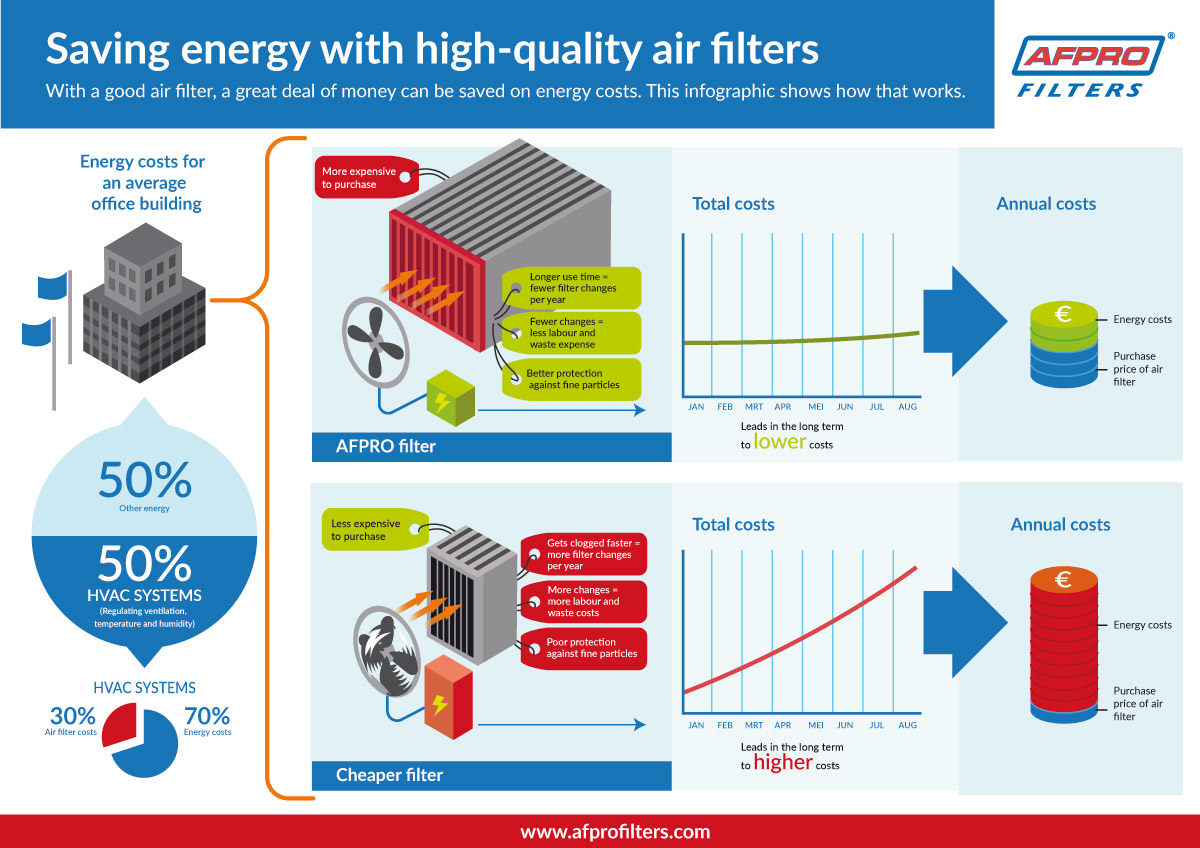Several house owners know with heating systems, which warm homes with oil or natural gas and press hot air via ductwork. They are relatively inexpensive and can offer trustworthy home heating also during a winter months power failure.
Nonetheless, they make use of nonrenewable fuel sources and generate carbon monoxide and various other air pollution. They likewise aren't as energy-efficient as a high-efficiency heatpump.
Cost
Typically, heat pumps are more economical to run than furnaces. They generally make use of power and refrigerant to essence heat from outdoor air, and after that move it right into your home. You can capitalize on less costly electrical energy rates throughout off-peak hours to additionally decrease your heating expenses.
Unlike heatpump, gas or wood-burning furnaces use burning to create warm, producing flue gases right into the ambience that can be dangerous to your health. These heaters are additionally less energy-efficient than heatpump, and their higher operating costs can accumulate gradually.
Heating systems are much more difficult than heatpump and call for routine maintenance to make sure the appropriate feature of all components. In spite of this, they tend to last longer than heatpump with a common life expectancy of two decades or more. However, link web page 'll need to factor in the expense of gas, fuel oil or wood and the extra tools needed for setup and operation such as air ducts and air flow systems.
Power Effectiveness
Heat pumps have a greater power performance rating than furnaces. These systems use power to feed on warmth from the air, also in freezing temperatures. They can also eliminate excess heat from the home throughout warmer months and reuse it to cool the system. Service provider professionals can help you establish the most effective version for your online on climate and resource energy prices.
Heating systems melt fuel oil, lp, natural gas or other sorts of nonrenewable fuel source to heat the air in the home. website is then dispersed via ductwork using a big fan. Heating systems generate greenhouse gases and require routine maintenance and tools upgrades to make certain secure operation.
The greatest benefit of a heater is that it can be operated even in severe winter season conditions due to the fact that it does not rely on exterior temperatures to warm up the air. Heaters likewise have a longer life expectancy than heatpump and normally last 15 years. They can likewise be coupled with twin gas choices, which choose the most reliable home heating choice based on the climate.
Climate
Heat pumps work well in modest environments and utilize less resource power than heaters. However, if your region is extremely cool, you might need to buy a standard gas heating system instead.
Furnaces provide warm, comfortable warmth and typically use rapid heating to increase interior temperatures. These systems can be used with a range of gas types, including gas, propane, oil or electrical energy.
They take in more power than heatpump-- approximately 3x as much-- and call for ductwork that's pricey to set up or retrofit. They're also extra costly to keep, as they can create air high quality issues and generate greenhouse gas emissions.
If you're dedicated to decreasing your carbon impact, a heatpump is a great selection for your home. They have less greenhouse gas discharges than heating systems, particularly if you choose a power STAR ® heatpump. Your local copyright professional can discuss the differences between these two furnace and assist you make the very best decision for your one-of-a-kind demands.
best heat pumps new plymouth can be really energy effective when powered by gas, propane or oil, however they aren't as power efficient as heat pumps in cold environments. They can additionally be more pricey to set up, requiring gas lines and ventilation systems.
Nevertheless, furnaces often tend to require much less upkeep, which can result in lower continuous expenses. They generate less greenhouse gases and are extra trustworthy than heat pumps during severe climate.
Electric heatpump are a lot more functional in producing interior convenience since they can also serve as a/c throughout warmer months. They can be more convenient to preserve, requiring only routine air filter modifications and occasional vacuuming.
If you favor the benefit of a single system that does it all, take into consideration a crossbreed heating option that sets a furnace with an electrical heat pump. These systems can immediately switch between both home heating alternatives based on your home's needs and temperature level conditions, taking full advantage of performance and financial savings.
